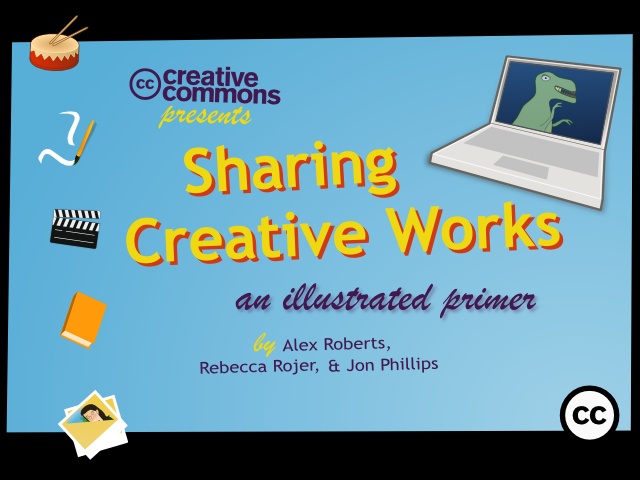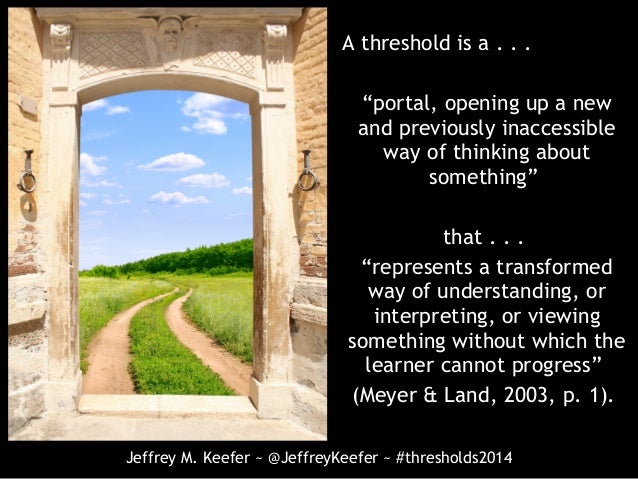 In this frame we looked at different issues regarding the
ethical and fair use of information. We learned about fundamental principles of
information ethics and how information ethics relate to intellectual property
and copy right.
In this frame we looked at different issues regarding the
ethical and fair use of information. We learned about fundamental principles of
information ethics and how information ethics relate to intellectual property
and copy right.
This lesson helped me to know the difference between
plagiarism and copyright infringement. I was also introduced to a concept of
fair dealing which deals with the author's moral rights.
The right to privacy which is challenging in an online
environment was also highlighted.I got to know that my searching habits are tracked and an online profile is being created. The following article confirmed what was discussed in class:
The following dimensions of information value were discussed:
as a commodity
as means of education
as means to influence, and
as means of negotiating & understanding the world.
We were also introduced to Creative Commons, a platform which was developed to allow people to share and control. Through a group activity we learned how to search for, evaluate and use Creative Commons licensed content.
 |
